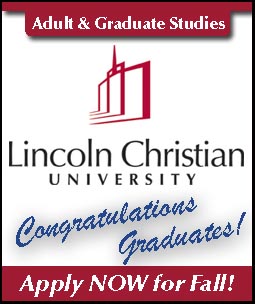| ||||||||||
| ||||||||||
Correspondence between the diocese and Rome shows how the bishop tried to bring a canonical trial against Murphy, wrote letters to then-Cardinal Joseph Ratzinger, now the pope, seeking guidance on how to proceed but was eventually told to stop the trial by Ratzinger's deputy after Murphy said he was old and ill and just wanted to die a priest. The bishop, she said, "was literally an agent or an employee of their (Rome's) decision making." The Vatican argued in its motion that bishops in no way satisfied any of the 14 points of a common law employment test which courts can use to determine whether employers are liable for the actions of their employees: The Vatican doesn't pay the bishops salary or benefits, bishops don't work on its behalf or on property owned or operated by it, it said. Jeffrey Lena, the Vatican's attorney, urged the court to use common law employment factors
-- not Kentucky state law. Hamilton said that was problematic since the Foreign Sovereign Immunity Act incorporates relevant state law. The motion also suggested that the court avoid using the religious nature of the relationship between bishops and the pope as a basis for civil liability because it entangles the court in an analysis of religious doctrine that U.S. courts generally avoid. Edward Peters, the Vatican's expert witness and a canon lawyer at Sacred Heart Major Seminary in Detroit, said in a declaration that debates over the relationship between bishops and the pope had led to disputes as profound as to result in the Great Schism of 1054. "Explaining the relationship between the pope and the bishops is extraordinarily complicated for even the best theologians, canonists and historians," he said. "To my knowledge, no civil or canonical court has ever previously attempted to resolve this issue." McMurry, the plaintiffs defendant, stressed in his lawsuit the actual actions the Holy See takes on the ground: The Vatican creates, divides and realigns archdioceses; creates, appoints and assigns bishops; and promulgates laws and regulations for bishops to follow. McMurry repeated those criteria in a 2008 petition to the U.S. 6th Circuit Court of Appeals, urging it to modify its decision to say bishops were Holy See "officials" as well as "employees" as the district court had held. In parts of the decision, the appeals court refers only to "employees." The court denied his petition. But McMurry claims the issue before the district court remains whether bishops are officials. Lena didn't address the matter at length in his filing, noting that under the Holy See's own law a diocesan bishop is not an "official" and that the issue in U.S. courts is governed by the law of the sovereign.
[Associated
Press;
Copyright 2010 The Associated Press. All rights reserved. This material may not be published, broadcast, rewritten or redistributed.
News | Sports | Business | Rural Review | Teaching & Learning | Home and Family | Tourism | Obituaries
Community |
Perspectives
|
Law & Courts |
Leisure Time
|
Spiritual Life |
Health & Fitness |
Teen Scene
Calendar
|
Letters to the Editor